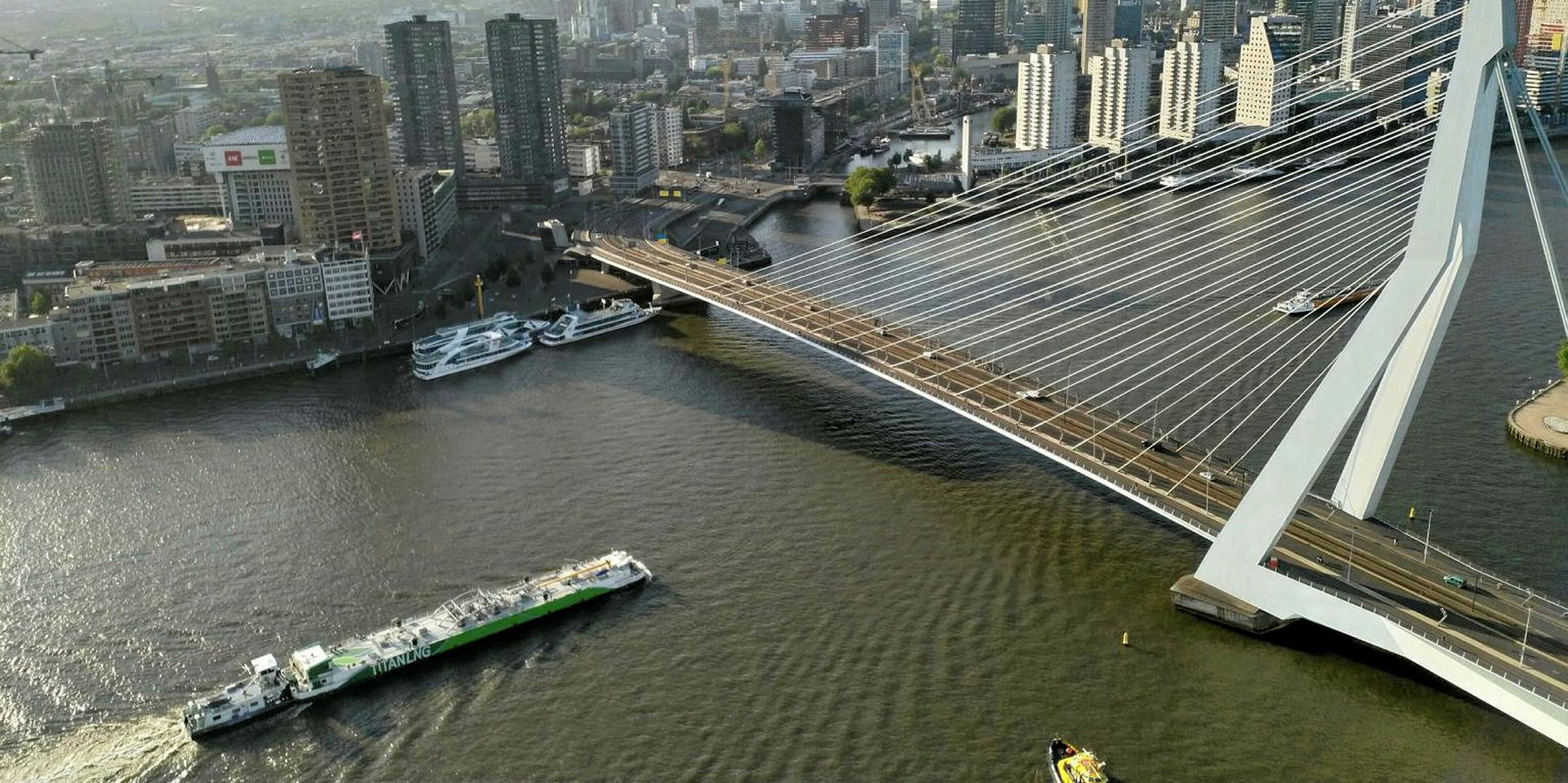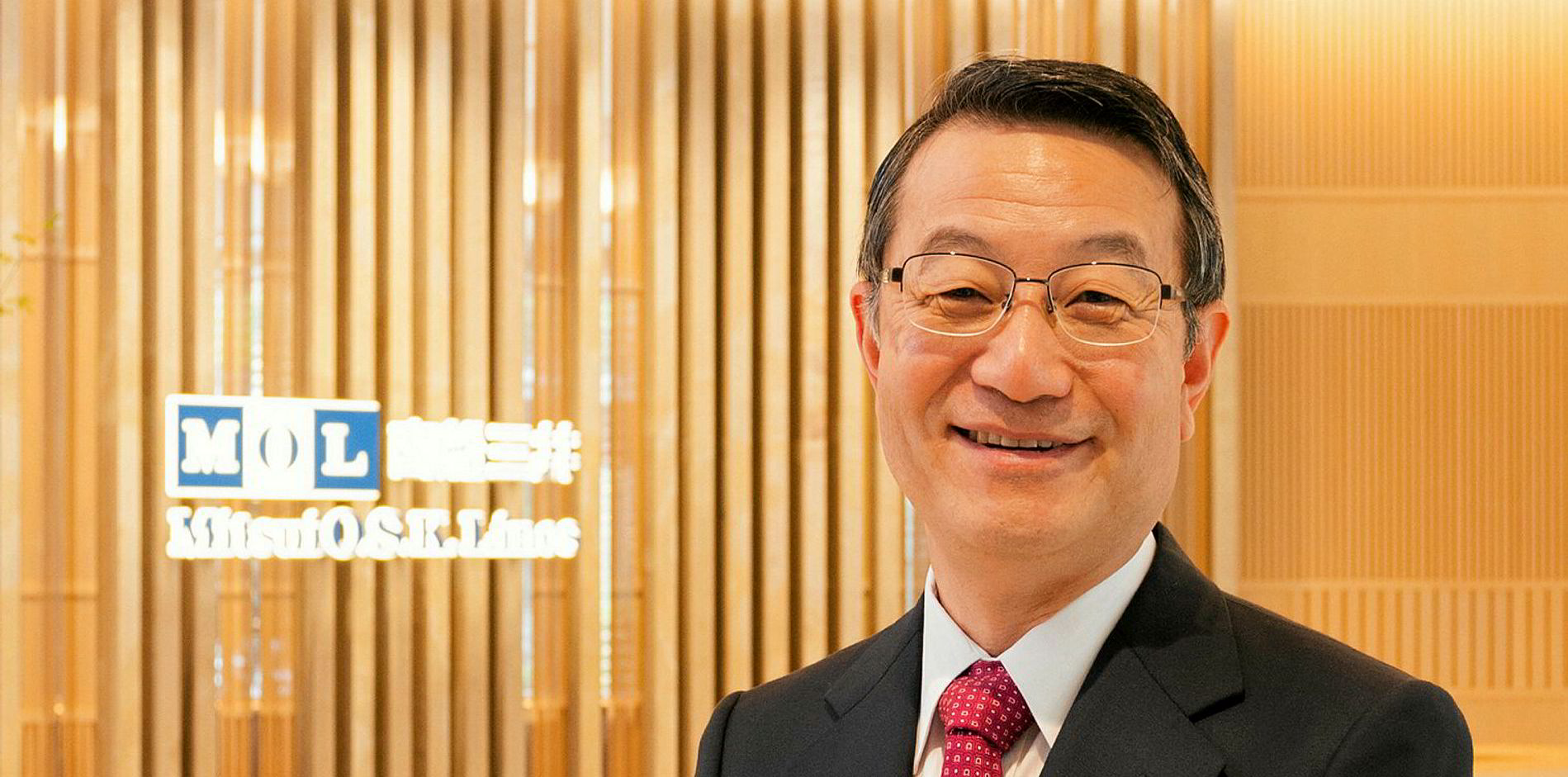NYK Line has thrown its weight behind the development of hydrogen as a marine fuel as part of the Japanese shipping giant’s drive to decarbonise its operations.
In a press release, the Japanese maritime conglomerate said it became one of the first shipping companies to join the Hydrogen Council earlier this week.
Established in 2017, the Hydrogen Council aims to accelerate investments in hydrogen fuel across various industries to foster a transition to the low-carbon fuel.
The Oslo-based industry body has 92 members with total revenues of over €18.9trn ($22.2trn), including BP, Equinor, CMA CGM, BMW, Marubeni and Kawasaki Heavy Industries.
“Through the activities of this Council, NYK will work to build a hydrogen supply chain and promote decarbonisation through the conversion to alternative fuels to power ships,” the Tokyo-listed company said.
NYK Line suggested it could participate in hydrogen production projects, the development of fuel supply and logistics facilities and use hydrogen as a marine fuel via future cooperation with other members of the council.
“NYK will not only transport hydrogen but will also work to realise a hydrogen society, including the development of technology for utilising hydrogen as a marine fuel,” the Tokyo-listed outfit added.
“The company will also seek to accurately grasp business opportunities related to hydrogen, which is said to be the ultimate clean energy, and become involved in the entire supply chain.”
When produced from water through renewable energy-powered electrolysis, hydrogen as fuel has a nearly zero carbon footprint in its life cycle.
Norway's Norled has ordered the world’s first hydrogen-fuelled car ferry from compatriot shipbuilder Westcon Group, and the vessel is due to begin operations in 2021.
But researchers have warned of challenges of using hydrogen on vessels, as the fuel takes a lot of storage space and is prone to leakage due to its chemical components.
Aside from hydrogen, NYK Line has also been studying on using ammonia as a low-carbon bunkering option.
The IMO has aimed to halve greenhouse gas emissions from international shipping by 2050, and most industry participants believe new types of low-carbon fuels need to be developed for the goal to be reached.





